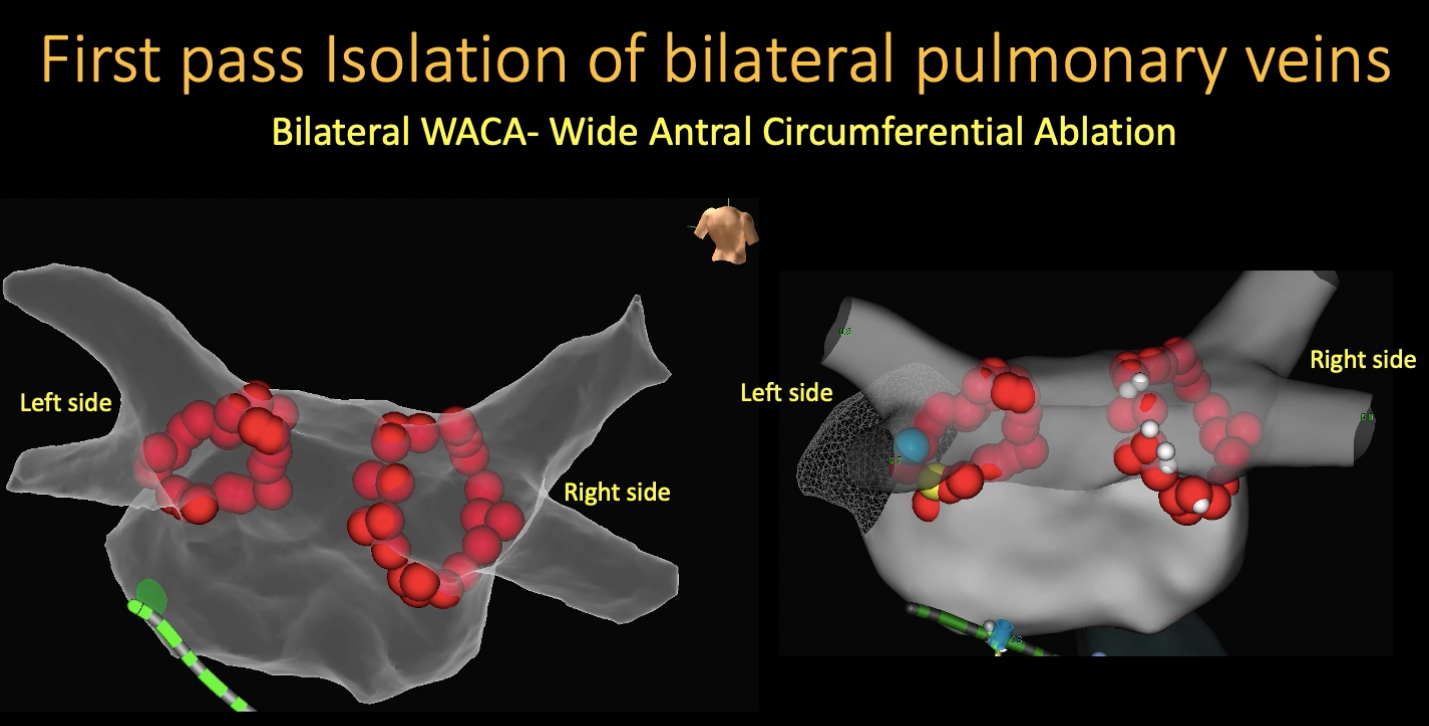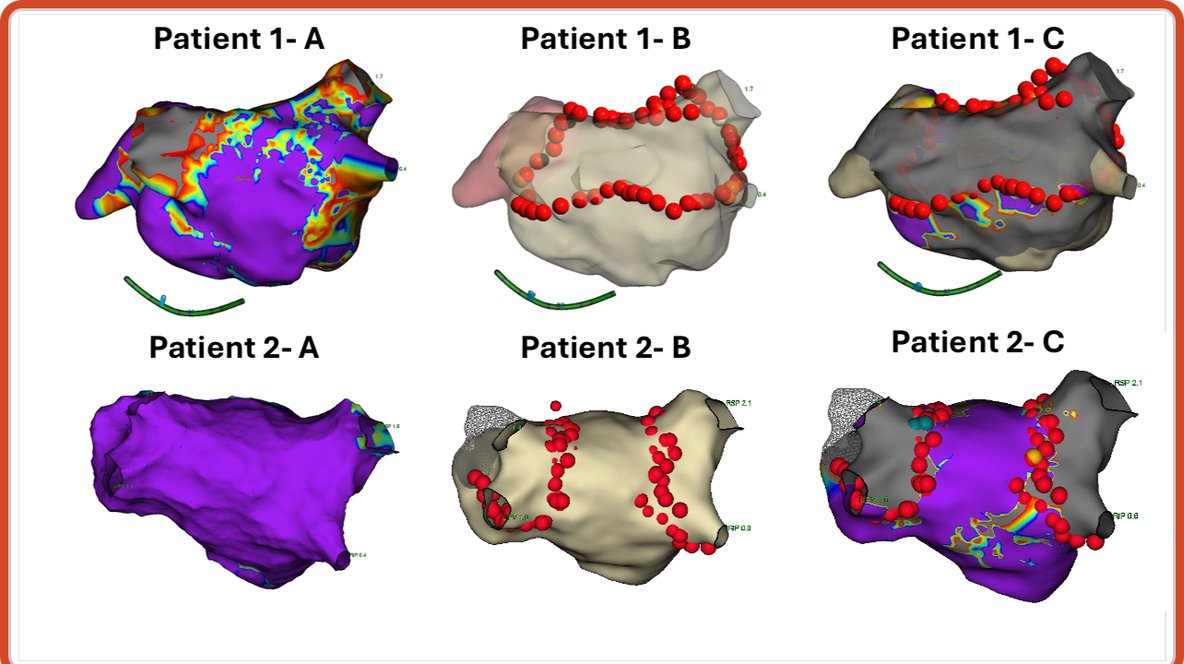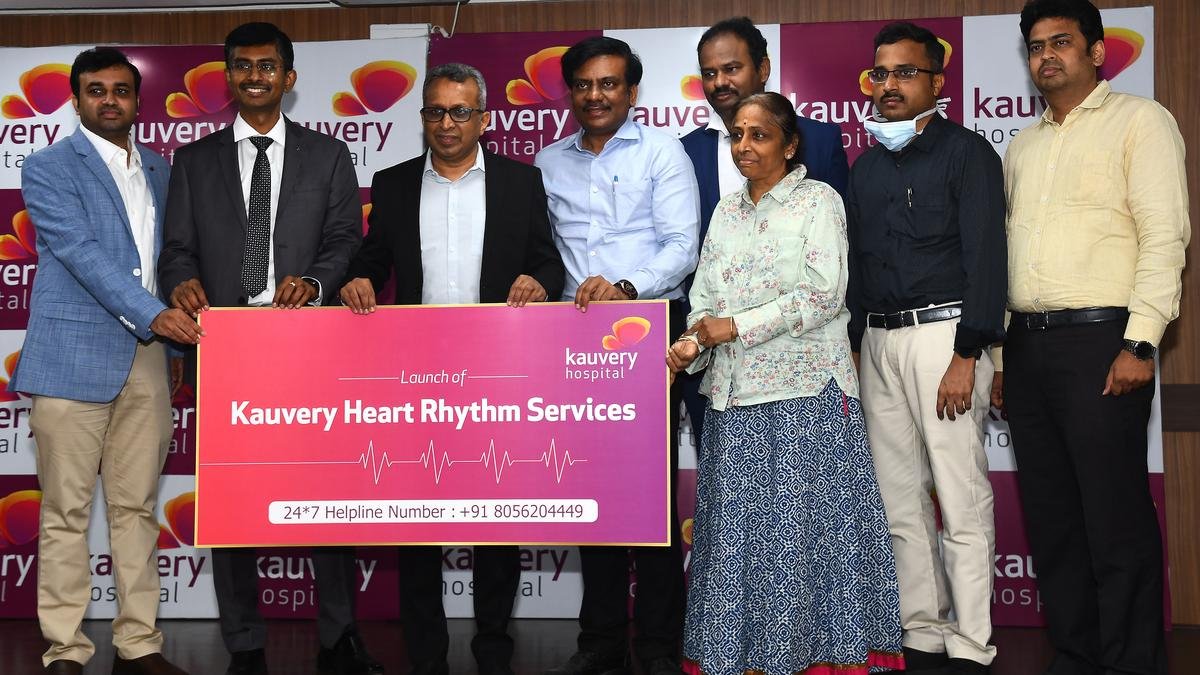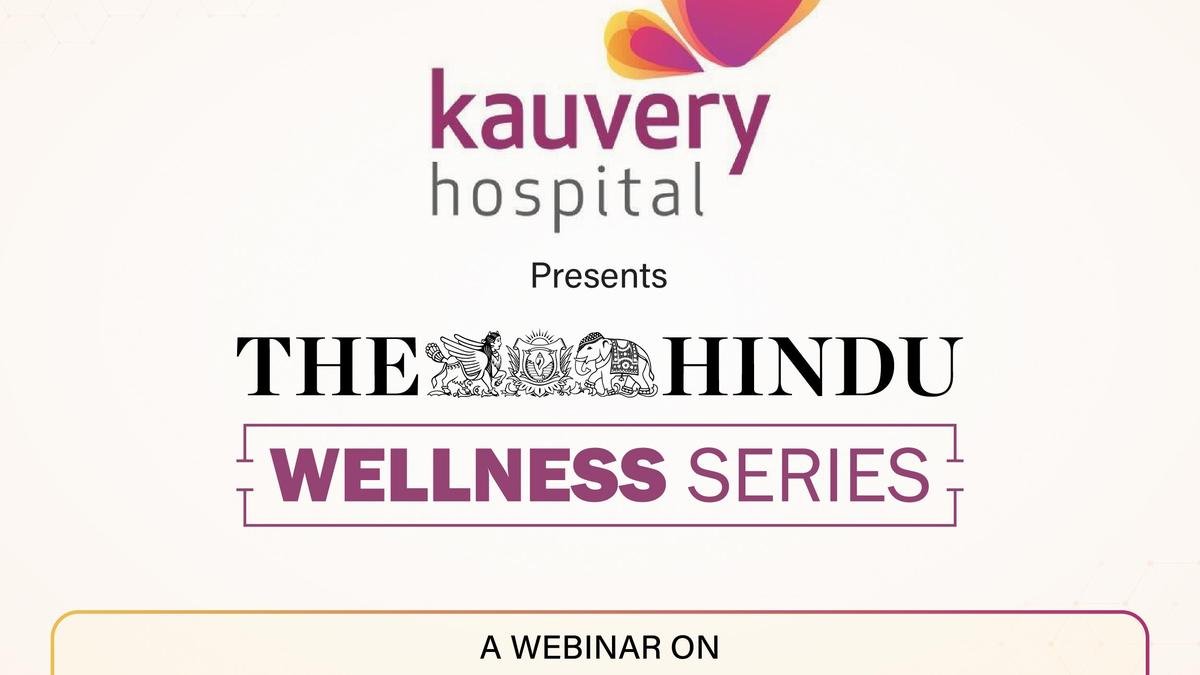Atrial Fibrillation Treatment in Chennai
Seeking advanced Atrial Fibrillation Treatment in Chennai? Dr. Deep Chandh Raja offers expert Afib treatment in Chennai to restore your heart health and reduce stroke risk. Schedule your consultation now.

Atrial Fibrillation Treatment in Chennai – Advanced AFib Care to Restore Your Heart’s Rhythm
Atrial Fibrillation (AF) is the most common type of heart rhythm disorder (arrhythmia), where the upper chambers of the heart (atria) beat irregularly and out-of-sync with the lower chambers. It affects 1.5 to 2% of the general population in India, and the prevalence increases with age—one in five senior citizens can have AF. This condition can lead to poor blood circulation, fatigue, palpitations, shortness of breath, and significantly increases the risk of stroke and heart failure. For those experiencing these symptoms, Atrial Fibrillation Treatment in Chennai offers effective solutions, and expert-led AFib treatment Chennai can help manage the condition and reduce complications.
What is Atrial Fibrillation?
In a healthy heart, electrical impulses help the atria and ventricles beat in a coordinated way. In atrial fibrillation, these impulses become chaotic, causing the atria to quiver instead of contracting effectively. This results in an irregular and often rapid heart rate, which may come and go or persist for longer periods. If you experience these symptoms, seeking Atrial Fibrillation Treatment in Chennai can help restore normal heart rhythm and reduce associated health risks.
Common Symptoms Requiring AFib Treatment in Chennai
- Irregular or rapid heartbeat
- Fluttering or pounding in the chest
- Fatigue or weakness during mild activity
- Dizziness or lightheadedness
- Shortness of breath
- Anxiety or chest discomfort
Some individuals may have no noticeable symptoms, making diagnosis through an ECG or HOLTER monitor essential for those at risk.

Why You Shouldn’t Delay Atrial Fibrillation Treatment in Chennai
Left untreated, atrial fibrillation can lead to serious complications:
- 5x increased risk of stroke due to blood clots forming in the heart
- Heart failure from reduced pumping efficiency
- Cognitive decline due to poor blood flow to the brain
- Reduced quality of life due to persistent symptoms
- Early diagnosis and treatment can help restore normal rhythm, reduce stroke risk, and prevent long-term heart damage.
AFib Treatment in Chennai Options for Heart Rhythm
At our center, we offer state-of-the-art interventional treatments that go beyond medication, focusing on correcting the source of the arrhythmia:
Catheter Ablation Treatment
Catheter ablation is a minimally invasive non-surgical procedure, that safely targets the areas of the heart generating irregular electrical signals. It is performed in a specialized Electrophysiology Lab (EP Lab) using 3D mapping technology to precisely identify and treat problem areas.
Why Consider Ablation for AF?
- Effective in restoring and maintaining normal heart rhythm
- Reduces or eliminates the need for anti-arrhythmic medications
- Improves exercise tolerance and quality of life
- Safe and widely recommended for patients with symptomatic or recurrent AF
- Ablation is especially effective for patients who have not responded well to medications or prefer a long-term solution.
Pulmonary Vein Isolation (PVI)
The majority of AF triggers originate from the pulmonary veins, which carry blood from the lungs to the heart. Pulmonary Vein Isolation (PVI) is a specific form of ablation that electrically isolates these veins from the rest of the atrium, preventing abnormal signals from spreading. PVI is considered the gold standard for treating paroxysmal (intermittent) atrial fibrillation and has proven success in improving long-term heart rhythm stability.
How PVI Works:
- A catheter is guided into the heart through a blood vessel
- The pulmonary veins are mapped and identified
- Radiofrequency energy is applied to create a circular barrier of scar tissue around the vein openings
- This scar tissue blocks faulty signals that cause AF
Have your AFib Treatment management with Dr Deep Chandh Raja’s Heart Rhythm team:
- We run a comprehensive, integrated, multi-disciplinary “Atrial Fibrillation Clinic”, comprising of cardiac electrophysiologists, arrhythmia nurses, cardiac physiologists and multi-speciality team.
- We specialize in diagnosis, delineation of risk-factors and management of AF.
- Exclusive risk-factor assessment for stroke and sleep apnoea
- We provide advanced treatments for atrial fibrillation, including ablation therapy and pulmonary vein isolation, to help you live a safer, more energetic life with better heart health.
Why AFib Treatment with Dr Deep Chandh Raja’s Heart Rhythm team?
- “Center of Excellence” for atrial fibrillation management in Chennai– visited and acknowledged by International and National faculty from time-to-time.
- Expertise: Trained at renowned international centers for AF ablation and are proctors for the procedure throughout India.
- The best & latest of infrastructure like 3d Navigation system, Intracardiac Echocardiography and RFA, is utilised for the maximising safety and efficacy
- Excellent cardiac anesthetist care ensuring smooth post procedure recovery
- Multi-disciplinary care with close follow-ups by the team
- We offer PVI (AF ablation) at the most affordable costs in Chennai
- Performed more than 500 atrial fibrillation ablations in a career spanning >10 years
Get in Touch
Contact Info
Email Address
deepchandh@gmail.com
Kauvery Hospital - Alwarpet
Director of Cardiac Electrophysiology and Senior Consultant in Cardiology
Phone: +91 80562 04449
Kauvery Hospital - Vadapalani
Director of Cardiac Electrophysiology and Senior Consultant in Cardiology
Phone: +91 90436 32236
Raja Multi-Specialty Clinic
Plot no 1, Nolambur Phase 1, VGN Nagar Phase 1, Nolambur, Ambattur Industrial Estate, Chennai, Tamil Nadu 600037
Phone: +91 86086 01590
FAQ's
Most Popular Questions
Early in the course of atrial fibrillation prevents progression to advanced stages of AF. Example is any patient with 3-5 repeated episodes of ‘paroxysmal’ atrial fibrillation despite medications. Discuss with your doctor if you would benefit from atrial fibrillation ablation procedure, as there are other factors that also determine success of the procedure.
Usually one day, however this can be variable, depending on the patient’s recovery.
Yes. PVI is a well-established, safe, and highly effective procedure, especially when performed by experienced electrophysiologists. Risk of complications like stroke, pericardial effusion and open-heart surgery are minor (around 5%) and vary among individuals and need to be discussed with the doctor.
While not always a cure, ablation significantly reduces AF symptoms. Goal of AF ablation is reduce recurrences and thereby prevent progression to advanced stages of atrial fibrillation. Many patients stay AF-free long term, especially after PVI. There is significant improvement in the quality of life, as reported by the patients.
Most patients recover within 12 hours, though full heart rhythm stabilization may take a few weeks.
Blogs
Press Release

Kauvery Hospital Conducts Afib Pacing Summit 2025 Showcasing Breakthroughs in Arrhythmia Care and Leadless Pacing

ICD treatment for Sudden Cardiac Arrest:

Leadless Pacemaker Implantation

Pacemaker Implantation

Atrial Fibrillation Management



